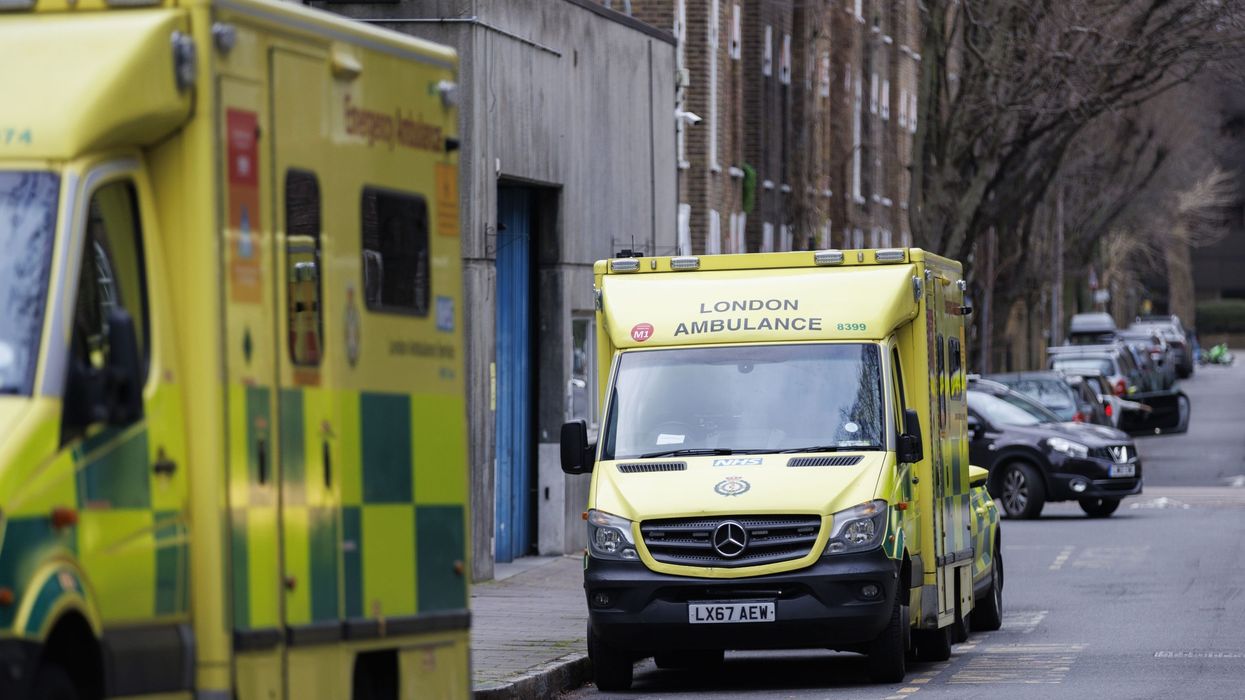The party sounds alarm over ambulance Category 2 delays encompassing urgent stroke and heart attack cases
The NHS's latest report on ambulance services in England for March 2024 reveals significant progress in response times for emergency calls across all categories compared to recent months.
The Ambulance Quality Indicators (AQI) Statistical Note, released in April, underscores both improvements and persistent challenges within the sector.
Recent figures obtained from the Liberal Democratic party suggest ongoing struggles with response times, particularly for category two patients, which may include individuals experiencing strokes or heart attacks requiring a response within 18 minutes.
Similarly, in November last year, ambulance waits for category 2 calls surged to their highest level since December 2022, reaching 93 minutes, after dropping to 32 minutes in January 2023 according to the British Heart Foundation.
However, according to the latest statistical figures obtained from AQI, March 2024 witnessed the shortest average response times for all four categories of emergency calls since August 2023.
The average 999 call answer time stood at a mere 5 seconds, marking the quickest response time since April 2021.
The report highlights a total of 801,495 999 calls answered in March 2024, lower than previous years' averages.
Nevertheless, incidents with conveyance to Emergency Departments (ED) were higher compared to previous years, with varying resolution rates including telephone consultations, on-scene treatment, and ED conveyances.
Despite improvements, concerns persist regarding response times for the most urgent category of emergencies, which slightly exceeded the standard of 7 minutes.
This underscores the ongoing need for consistent efforts to meet response time targets.
In response to figures revealing missed response time targets in most local areas, Sir Julian Hartley, chief executive at NHS Providers, emphasised the challenges faced by ambulance trusts nationwide.
"No one should have to wait too long for the care they need, especially as conditions could worsen."
Hartley stressed the urgency of addressing rising demand and staff shortages through increased investment and workforce commitment.
He underscored the vital role of trust leaders in enhancing urgent and emergency care services while striving to meet national recovery targets.
"We also urgently need to see more investment in vital services over the long term as well as a commitment to fully fund the NHS long-term workforce plan."












